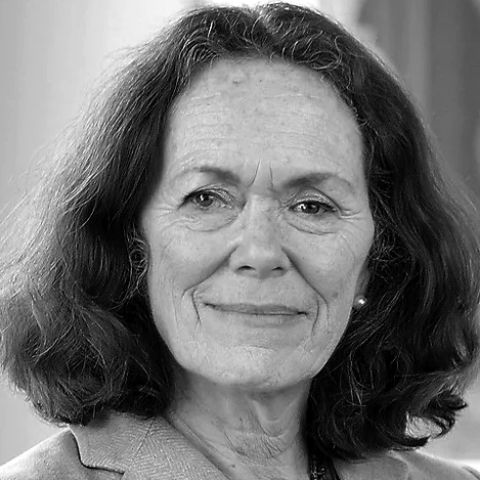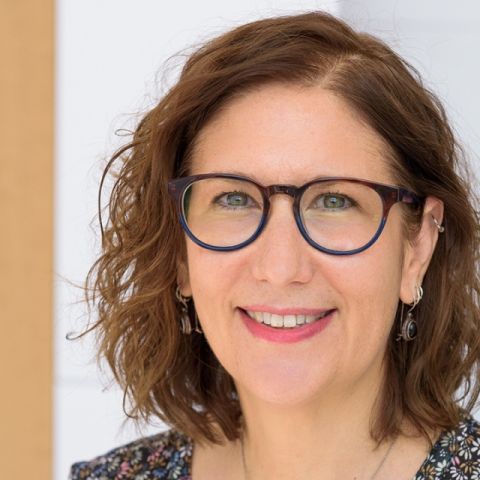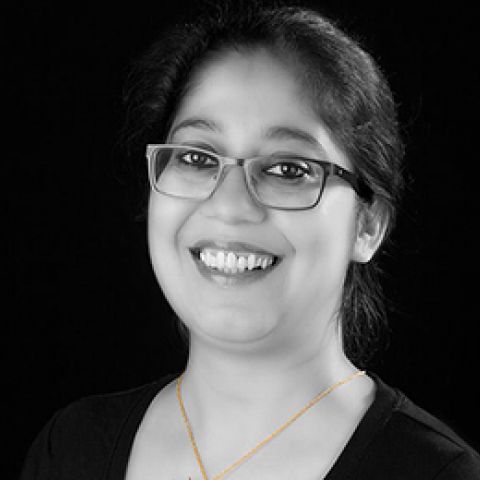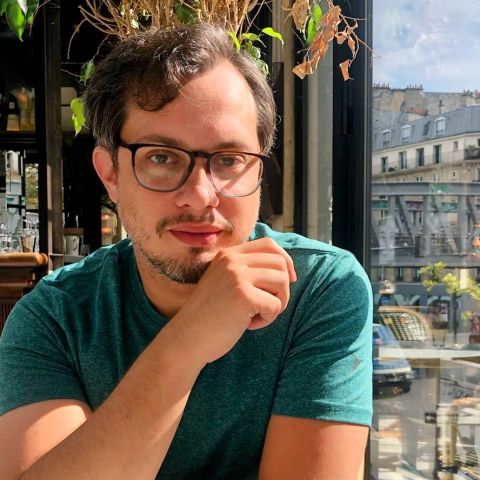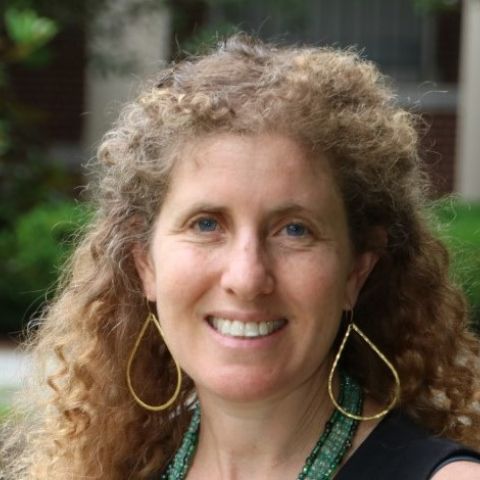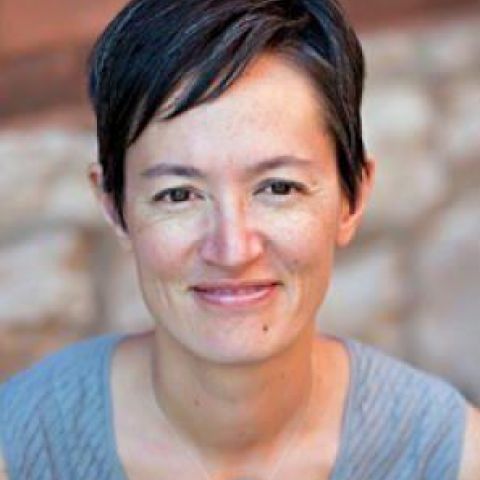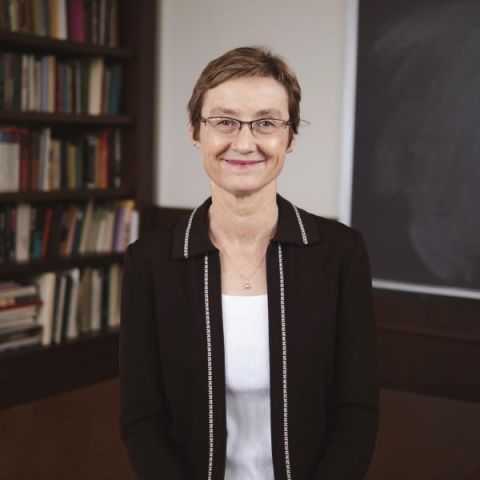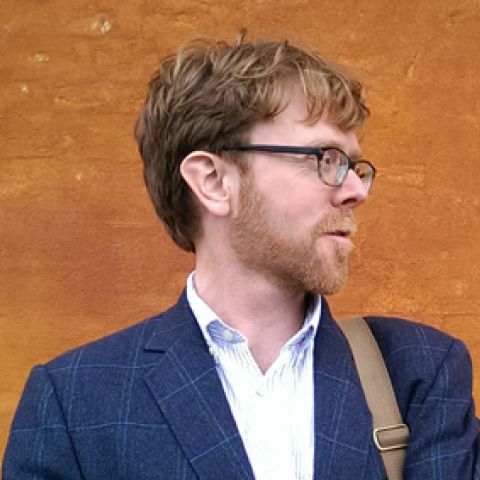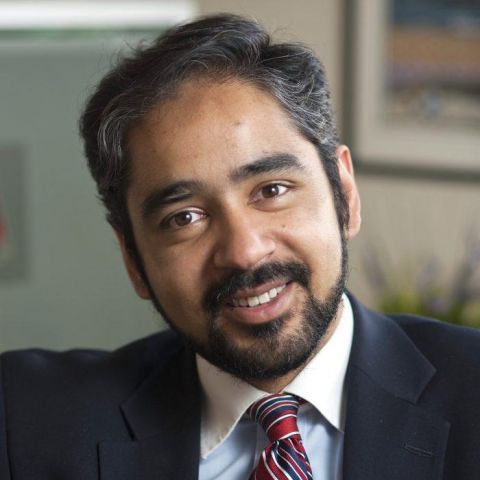The Project
This project considers diverse histories of statelessness in the modern era, with particular emphasis on the non-European world. From international legal regimes and national political categorizations, to institutional and demographic encounters, stateless places and populations are prevalent, sometimes surprisingly so, in our world.
You will find here essays, podcasts, documents, and videos that explore little-known histories of statelessness: for instance, stateless peoples navigating a nascent international system prior to the Second World War; those denuded of nationality by colonial empires or settler states; or stateless communities negotiating with nations outside the formal reach of international law.
Histories of statelessness in the last two centuries remain underexamined. Scholars that have addressed the topic historically typically take mid-century European displacement as their point of departure. In other words, historians of statelessness usually suggest that the phenomenon began in Nazi-threatened Europe in the 1930s, and later spread into the decolonizing territories of Africa, Asia, and the Middle East, where it eventually became more or less endemic in struggling postcolonial states.
But historically, statelessness has been a much broader and more diverse phenomenon than this. Materials on this site present the many and varied expressions and iterations of statelessness across the nineteenth and twentieth century world beyond Europe, from the Ottoman Empire to Hong Kong to Tanzania.
We hope the resources here will help scholars, students, and practitioners to think about the historical phenomenon of statelessness in new ways: not solely as a product of mid-century conflagrations in Europe but as a common and characteristic political experience of a century uniquely marked by questions of nationality, national belonging, and the rights that states have and have not conferred on their citizens.
We welcome ideas, reactions, submissions, conversations, and disagreements! Please use the “Pitch Us” form below to propose entries or offer thoughts. We are dedicated to making this an inclusive and diverse forum and are happy to consider submissions from students, practitioners, journalists, and activists as well as established and early-career scholars.
Editors
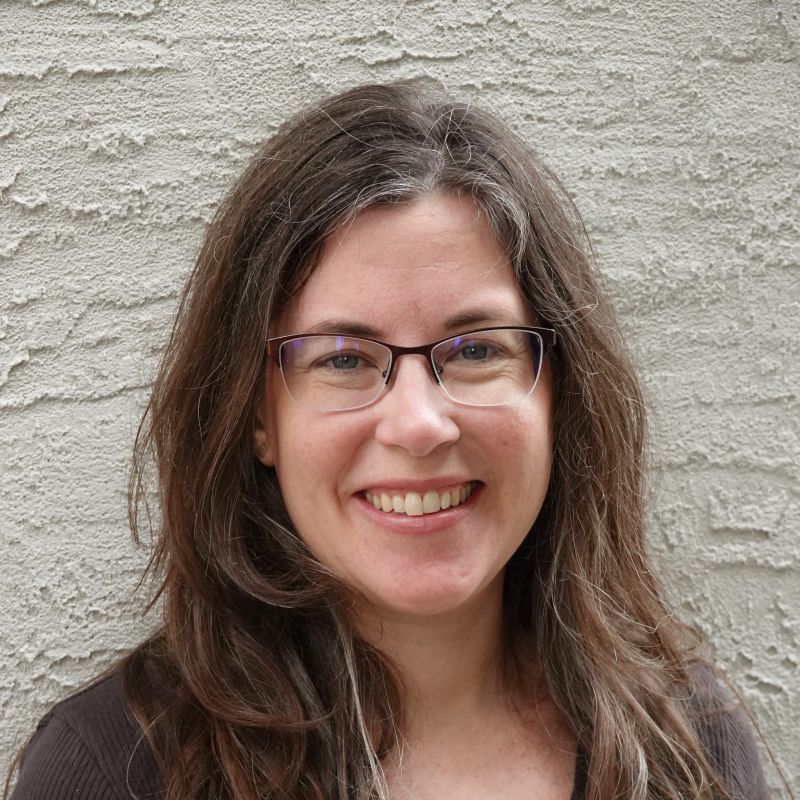
Jennifer Dueck
Jennifer Dueck teaches Middle Eastern and North African history at the University of Manitoba, and has previously held research and teaching appointments with the American University of Beirut, the University of Cambridge, and the University of Oxford. Her research deals with the twentieth century cultural and political history of the Middle East in a transnational context, including themes of youth, cuisine, imperialism, and migration. Jennifer is the author of The Claims of Culture at Empire’s End: Syria and Lebanon under French Rule published by Oxford University Press (2010), as well as numerous articles and book chapters. She is currently completing a history of the twentieth century global migrations of Middle Eastern and North African foodways.
Contact: Jennifer.Dueck@umanitoba.ca

Laura Robson
Laura Robson is the Elihu Professor of Global Affairs and History at Yale. She has written or edited seven books, The League of Nations (with Joseph Maiolo; Cambridge, 2025), a reconsideration of the meaning and import of this first experiment in formal internationalism, and Human Capital: A History of Putting Refugees to Work (Verso, 2023), a wide-ranging investigation of the many twentieth century schemes to deploy refugees as labor migrants across the globe.
Robson’s current research includes one project documenting the active production and deliberate maintenance of different forms of statelessness across the globe during the long twentieth century, and another on Palestine’s emergence as a laboratory for the development of new and highly interventionist forms of colonial and postcolonial internationalism.
Contact: laura.robson@yale.edu
Pitch us!
Got an idea for an article, podcast, or video for Stateless Histories? Get in touch with us! We welcome inquiries, questions, and proposals from scholars, activists, practitioners, and students on any aspect of statelessness in the modern world.
Fill out the below form and we will respond to you as soon as possible.

